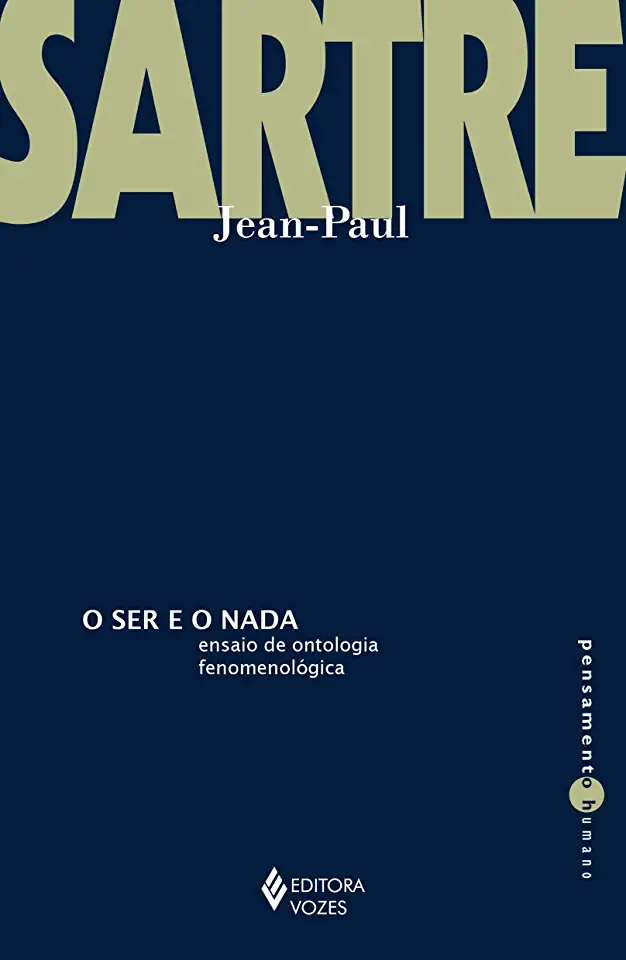
Being and Nothingness - Jean-Paul Sartre
Being and Nothingness: A Journey into the Depths of Human Existence
In the realm of philosophy, few works have had as profound an impact as Jean-Paul Sartre's seminal masterpiece, "Being and Nothingness." Published in 1943, this philosophical treatise delves into the very essence of human existence, exploring the complex relationship between being and nothingness, consciousness and freedom, and the nature of human reality.
Unveiling the Enigma of Human Existence
Sartre's philosophical journey begins with a fundamental question: What does it mean to be human? He argues that human existence is characterized by a fundamental duality - the coexistence of being and nothingness. We are beings, existing in the world, yet we are also defined by our lack, our nothingness. This tension between being and nothingness gives rise to the unique human condition, marked by consciousness, freedom, and responsibility.
Consciousness: The Window to Our Inner World
At the heart of Sartre's philosophy lies the concept of consciousness. Consciousness, he argues, is not a passive observer of the world but an active force that shapes our reality. Through consciousness, we become aware of our own existence and the world around us. We experience emotions, make choices, and create meaning in our lives. Consciousness is the gateway to our inner world, revealing the depths of our being and the possibilities that lie within us.
Freedom: The Essence of Human Existence
Sartre's exploration of consciousness leads him to the notion of freedom. He asserts that freedom is not simply the ability to choose between different options but a fundamental aspect of our being. We are condemned to be free, he argues, and this freedom entails responsibility for our actions and the choices we make. Freedom is both a gift and a burden, a source of both liberation and anxiety.
Responsibility: The Weight of Our Choices
With freedom comes responsibility. Sartre emphasizes that our choices have far-reaching consequences, not only for ourselves but also for others. We are responsible for the world we create through our actions and the values we choose to embrace. This responsibility can be overwhelming, but it is also a source of empowerment, as it allows us to shape our own destiny and contribute to the betterment of society.
Authenticity: The Path to Self-Realization
Sartre's philosophical inquiry culminates in the concept of authenticity. He argues that authenticity lies in embracing our freedom and responsibility, living in accordance with our true selves, and realizing our full potential. Authenticity requires courage, self-awareness, and a willingness to confront the challenges and contradictions of existence. It is a path of self-discovery and self-realization, leading to a deeper understanding of our own being and our place in the world.
Conclusion: A Philosophical Masterpiece for the Ages
"Being and Nothingness" is a philosophical masterpiece that challenges our most fundamental assumptions about existence, consciousness, freedom, and responsibility. Sartre's profound insights and provocative arguments have left an indelible mark on the world of philosophy and continue to inspire and challenge readers to this day. If you seek a book that will provoke your thinking, expand your horizons, and challenge your understanding of the human condition, then "Being and Nothingness" is a must-read. Embark on this philosophical journey and discover the depths of your own being and the boundless possibilities that lie within.
Enjoyed the summary? Discover all the details and take your reading to the next level — [click here to view the book on Amazon!]